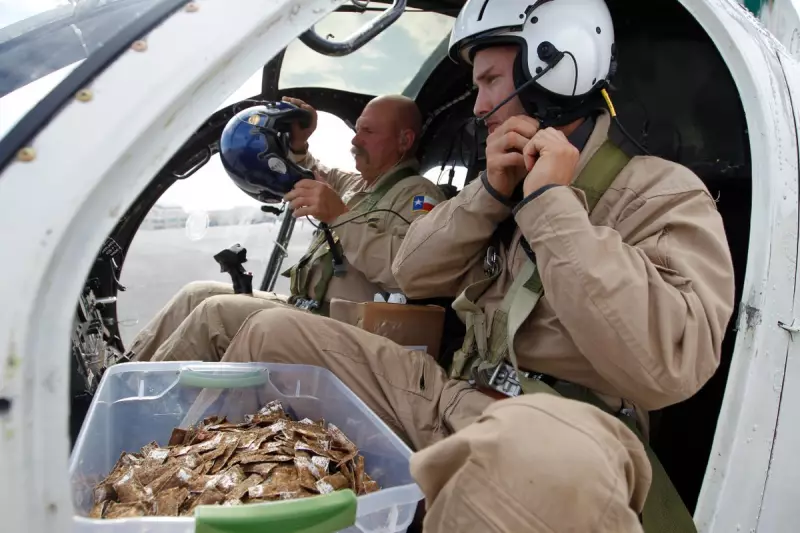
In an unprecedented airborne offensive against a deadly viral threat, the United States Department of Agriculture (USDA) has launched a massive aerial vaccination campaign across the American Southeast. The operation aims to create a protective barrier against the relentless spread of raccoon rabies, a disease with potentially devastating consequences for both wildlife and human populations.
The Skyborne Solution
Specialised aircraft are currently crisscrossing rural landscapes from Alabama to Tennessee, deploying hundreds of thousands of vaccine-laden baits across targeted regions. These edible packets, designed to appeal to raccoons' palates, contain an oral rabies vaccine that immunises wildlife upon consumption.
The strategic airdrops focus on creating a biological firewall along the Appalachian Mountains, effectively containing the virus within its current range and preventing northward expansion into new territories.
Why This Matters for Public Health
While rabies in raccoons might seem like a wildlife-specific concern, the implications for human health are significant and direct. Rabies remains one of the deadliest diseases known to humanity, with a near-100% fatality rate once symptoms appear.
"This isn't just about protecting raccoons," explains a USDA wildlife specialist. "Every vaccinated animal represents one less potential transmission point to pets, livestock, and ultimately humans. We're building a buffer between wildlife reservoirs and our communities."
The Scale of the Operation
The current campaign represents one of the largest coordinated wildlife vaccination efforts in recent history:
- Hundreds of thousands of vaccine baits deployed across multiple states
- Strategic targeting of natural barriers like rivers and mountain ranges
- Coordination with state wildlife agencies and local communities
- Continuous monitoring of vaccine uptake and effectiveness
This ambitious initiative follows years of successful ground-based vaccination efforts in urban and suburban areas, now expanded to tackle the more challenging rural and wilderness regions where traditional methods prove impractical.
A Global Health Perspective
The USDA's aerial vaccination programme represents a proactive approach to disease management that public health experts worldwide are watching closely. Similar strategies have proven effective in Europe against fox rabies, demonstrating that determined intervention can turn the tide against even the most persistent wildlife diseases.
As aircraft continue their vital missions across southeastern skies, this innovative approach to public health protection serves as a powerful reminder that sometimes, the best defence against ground-level threats comes from above.





